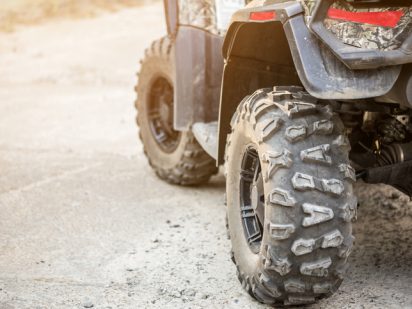The prairie crocuses are blooming, and baseball season is underway. Trauma season can’t be far behind.
Spring traditionally signals the start of “trauma season,” a periodic upturn in injury cases coming to the emergency department that corresponds with the months during spring and summer.
“As the weather gets nicer, people become more active. They’re out and about having a good time, possibly not being as careful as they should be about wearing helmets and buckling up. That’s when our trauma team gets busy,” said Gary Wease, MD, general surgeon and director of Trinity Health’s Trauma Program.
Data confirm that trauma season is a phenomenon, with injuries – especially injuries among children, following a seasonal pattern. The reason is obvious. During the summer months, kids are out of school. They sometimes lack adequate supervision, and they spend more time outdoors.
Dr. Wease says the increased number of injuries coming into the Trinity Emergency/Trauma Center stem from the usual sources – motor vehicles, bicycles, and all-terrain vehicles.
“Accidents involving all-terrain and off-highway vehicles are always a concern,” Dr. Wease said. “Off-roading can be a fun recreational activity, but ATVs can be unstable and hard to control, particularly at high speeds. Rollovers and collisions happen and often lead to an emergency-room visit.”
ATV accidents result in around 95,000 injuries and 600 deaths per year in the U.S, according to Dr. Wease, with 25 percent of those injured under age 16. “Our rate has doubled since 2017,” he added. In North Dakota, all ATV riders under 18 must wear a DOT-compliant helmet. Other suggested gear includes goggles, long sleeves and pants, gloves, and over-the-ankle boots.
Tips to avoid ATV mishaps are:
- Remember that an ATV is not a toy.
- Don’t ride or operate an ATV while under the influence of drugs or alcohol.
- Do not allow passengers on a single-rider ATV.
- Don’t use on paved roads.
- Operate at safe speeds.
- Make sure young operators have adult supervision.
“As a Level II Trauma Center, we’re always ready to provide definitive care for any injury that comes through our door. But we would much rather that people stay safe and enjoy their summer,” Dr. Wease said.

